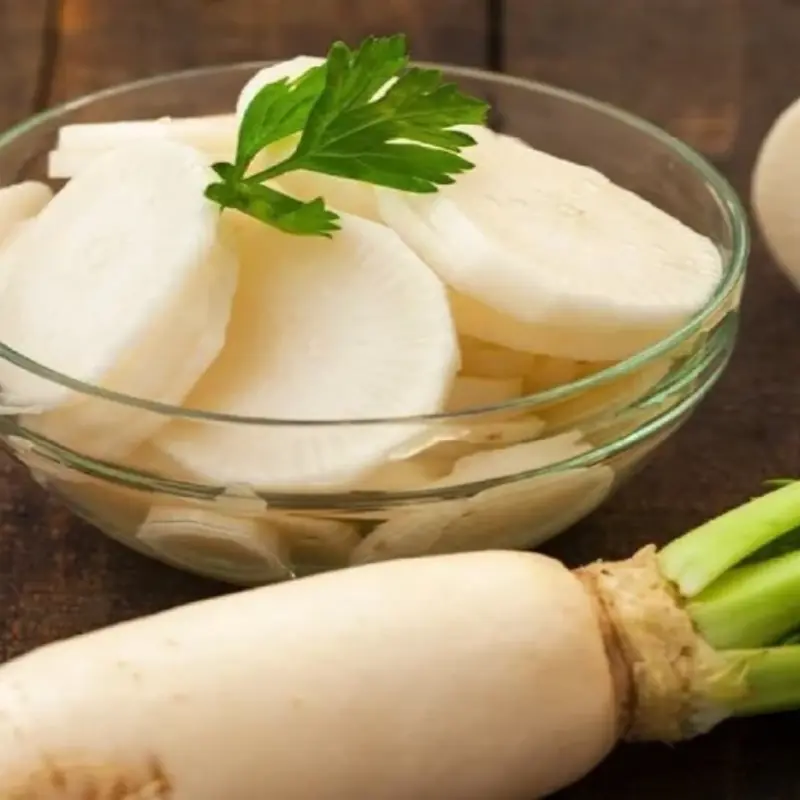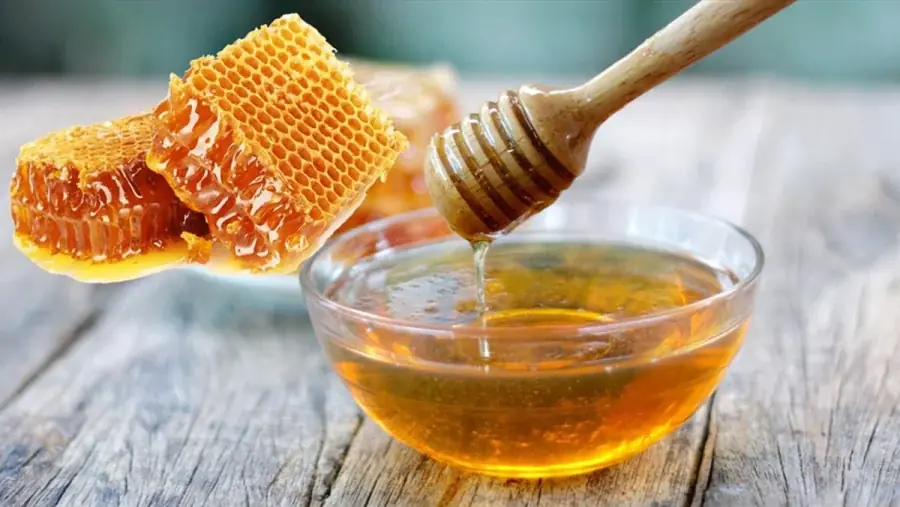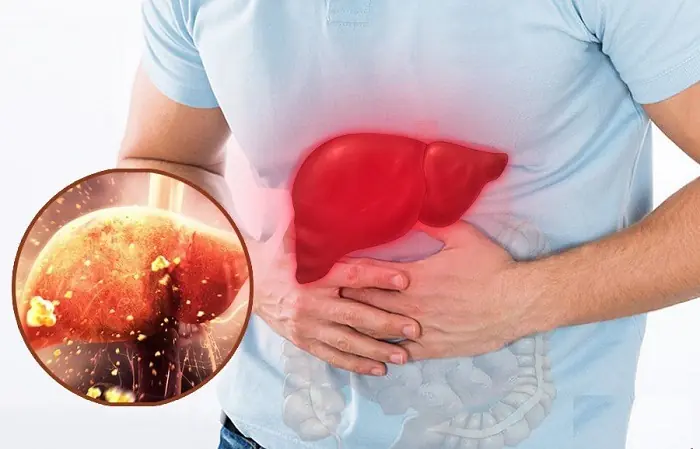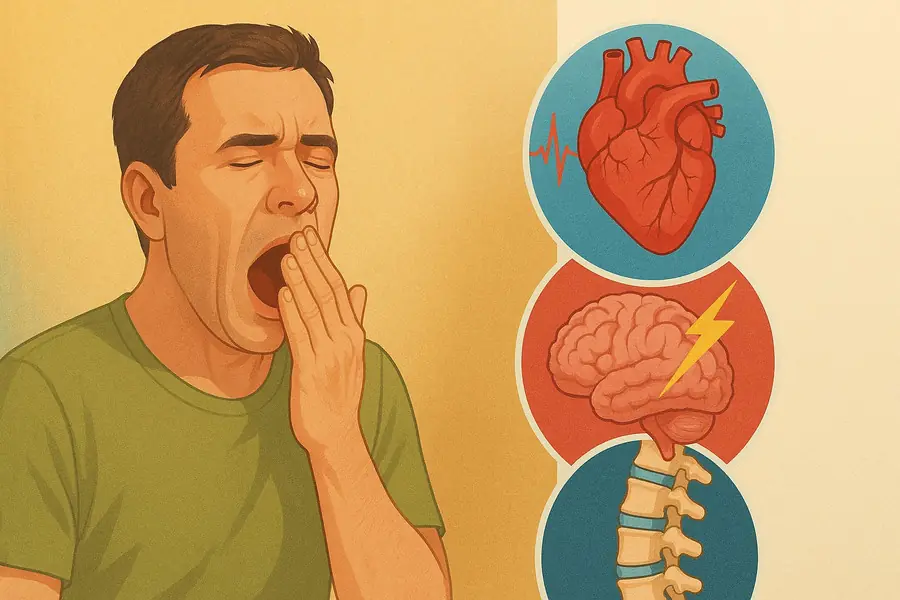
Is Eating Pork Every Day Good For Your Health ?

Here’s a detailed look at whether eating pork every day is good for your health:
Is Eating Pork Every Day Good for Your Health?
Pork is a popular meat worldwide, valued for its flavor, versatility, and nutrient content. It is a rich source of protein, vitamins (especially B vitamins), and minerals such as zinc and iron. However, like all foods, whether eating pork daily is healthy depends on various factors including the type of pork, cooking methods, portion size, and individual health conditions.
Nutritional Benefits of Pork
-
High-Quality Protein: Pork provides all essential amino acids needed for muscle repair and overall body functions.
-
Vitamins: It is particularly rich in vitamin B1 (thiamine), which supports energy metabolism and nerve function.
-
Minerals: Contains important minerals like iron, zinc, phosphorus, and selenium.
-
Healthy Fats: Lean cuts offer moderate fat content, including monounsaturated fats beneficial for heart health.
Potential Health Concerns of Eating Pork Daily
-
Fat and Calorie Content:
-
Fatty cuts or processed pork products (bacon, sausages) are high in saturated fats and calories, which can contribute to heart disease and weight gain if consumed excessively.
-
-
Processed Pork Risks:
-
Processed pork products often contain added salt, nitrates, and preservatives linked to increased risk of certain cancers and hypertension.
-
-
Cooking Methods:
-
Frying or charring pork at high temperatures produces harmful compounds like heterocyclic amines (HCAs) and polycyclic aromatic hydrocarbons (PAHs), which may increase cancer risk.
-
-
Food Safety:
-
Undercooked pork can transmit parasites or bacteria such as Trichinella or Salmonella, leading to illness.
-
Recommendations for Healthy Pork Consumption
-
Choose Lean Cuts: Opt for pork loin, tenderloin, or leg cuts with visible fat trimmed off.
-
Limit Processed Meats: Minimize consumption of bacon, ham, and sausages.
-
Use Healthy Cooking Methods: Grill, bake, or steam pork rather than frying or charring.
-
Balance with Other Foods: Incorporate plenty of vegetables, whole grains, and legumes in your diet.
-
Portion Control: Keep servings moderate—about 3-4 ounces (85-113 grams) per meal.
Is Eating Pork Every Day Advisable?
For most healthy individuals, eating moderate amounts of lean pork daily can be part of a balanced diet. However, it’s important to:
-
Vary protein sources with fish, poultry, beans, and plant-based options.
-
Monitor overall saturated fat and sodium intake.
-
Consider personal health conditions like cardiovascular disease or kidney problems that may require dietary restrictions.
Conclusion
Eating pork every day can be healthy if you choose lean cuts, cook it properly, and balance it with other nutritious foods. Avoid excessive processed pork and high-fat preparations to reduce health risks. For personalized advice, consult a registered dietitian or healthcare provider.
If you want, I can help you create meal plans or suggest healthy pork recipes!
News in the same category


The vegetable announced by the US CDC as the best in the world has the potential to damage the liver

You might jump for a piece of red pepper, but parrots are completely... cool about it. Why?

What is this “giant paper clip” on a concrete pillar actually? The truth will surprise everyone!

Why do fingers wrinkle when soaked in water?

6 signs that men are only pretending to love you

Why Do Flight Attendants Always Wear Skirts? The Surprising Truth Behind the Uniform

6 Types of Eggs That Are Not Only Unhealthy But Can Also Harm Your Organs — No Matter How Much You Love Them, Avoid Them

Ri.sks of pouring hot water down the drain

Does a darker egg yolk mean more nutrients?

Spring Water Vs Mineral Water: What's The Difference?

Surprising free stuff in your hotel room – don’t forget to take them!

The Wise Speak Less About These 3 Matters: The Less Said, the More Fortune; the Foolish Speak Freely

Why are phone cases popular in Asia but less popular abroad?

Turning on the air conditioner and closing the doors causes insomnia, fatigue, and hair loss: What do doctors say?

9 Nutritious Vegetables and Fruits That Can Make Your Skin More Sensitive to Sunlight If Eaten the Wrong Way — The More You Eat, the Darker Your Skin May Become

5 Types of Vegetables You Shouldn't Eat at Night: They Can Harm Your Stomach, Drain Vital Energy, and Are Especially Risky for the Elderly

No Matter How Thoroughly You Clean, Stainless Steel Pans Still Show “Rainbow Stains” – The Surprising Truth Behind It

The Child Prodigy Who Entered University at 11 and Lost His Future Due to Low EQ: A Life That Now Draws Only Regretful Shakes of the Head
News Post

Field Eel: A Superfood for Middle Age, But 4 Types of People Should Never Eat It

5 Common Mistakes When Drinking Honey That Can Harm Your Li.ver and Kid.neys — Especially #2

Why is eating fish better than meat?

Doctors advise tired women to look at muscular men often

Sweet but Risky: 7 Types of People Who Should Avoid Ripe Mangoes

5 warning signs of vitamin E deficiency

The vegetable announced by the US CDC as the best in the world has the potential to damage the liver

5 morning habits that are as harmful to the liver as drinking alcohol

Excessive Yawning: A Sign of Many Dangerous Diseases

Warning signs of acute kidney injury should not be ignored

Symptoms, signs of new COVID-19 variant spreading 7 times faster than seasonal flu

Warning: 3 Cooking Oils You Should Avoid Due to Cancer Risk — Don’t Sacrifice Your Family’s Health for Savings

Microwaving Milk Tea for 30 Seconds Nearly Set My House on Fire: These 3 Foods Should Never Be Put in a Microwave

How to defrost meat quickly

Japanese garden ideas: 14 ways to create a tranquil space with landscaping and plants

10 Stylish Small Garden Sheds to Elevate Your Backyard

Colors for European-inspired Homes with Old-World Influences

10 Creative And Stunning Small Garden Ideas
